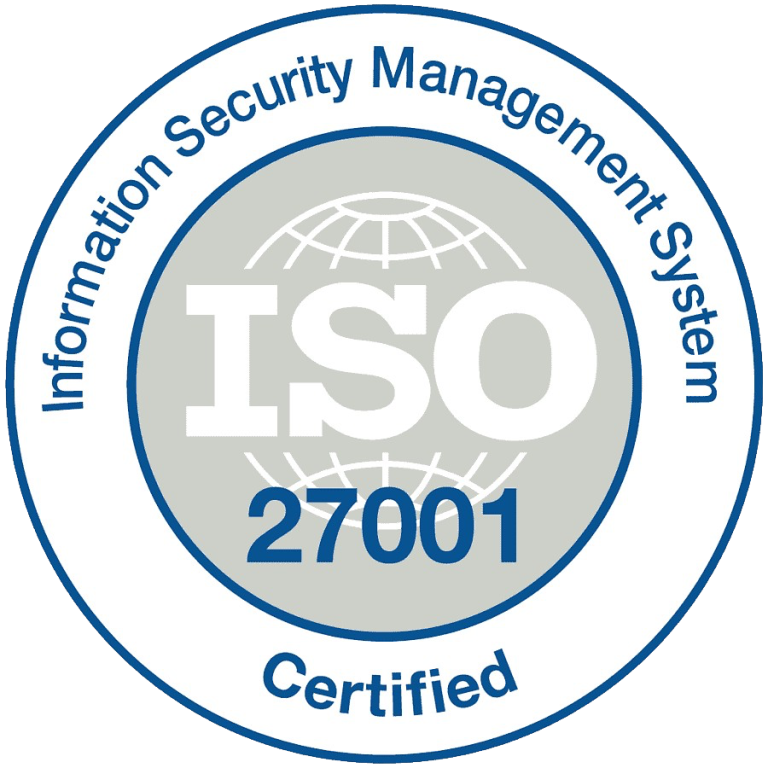Sending bulk SMS in Nigeria requires a high level of skill.
Bulk SMS is a communication tool that lets businesses, organizations, and individuals send large volumes of text messages to multiple recipients at once. In Nigeria, where mobile phone usage is widespread, bulk SMS has become popular for its efficiency, affordability, and direct reach.
Businesses use bulk SMS for various purposes, including marketing campaigns, alerts about promotions or events, and customer engagement. This method allows for immediate communication with a broad audience, making it essential for organizations looking to enhance their outreach.
How to send bulk SMS in Nigeria
This guide will walk you through the essential steps for sending bulk SMS in Nigeria, ensuring your messages reach the right people at the right time. Whether promoting a product, sharing updates, or conducting surveys, mastering bulk SMS can enhance your communication strategy and drive results.
1. Choosing a bulk SMS service provider
Selecting the right bulk SMS service provider is important for effective communication. One a strong contender in this space is Arkesel, known for its reliability and user-friendly features. Here are key factors to consider:
- Pricing: Different providers have varied pricing plans. Some offer pay-as-you-go options, where you only pay for the messages you send, while others might have monthly subscriptions or discounted rates for purchasing credits in bulk. It is important to compare the cost per SMS, as this will help you budget more efficiently, especially if you plan to send frequent messages.
- Reliability: The success of your SMS campaigns depends on high delivery rates. It would help if you had a provider with a solid reputation for reliability, meaning their platform should ensure that your messages are delivered without delays or failures. Look for customer reviews or testimonials that speak to a provider’s reliability.
- User interface: The platform should be easy to navigate. A good, intuitive interface helps you manage your campaigns with fewer mistakes and less frustration. Many providers offer free trials or demo versions. Take advantage of these to test how user-friendly the platform is before deciding.
- Features: Some providers offer more than just basic SMS services. Advanced features like message scheduling, personalized messaging, and detailed reporting tools can make a big difference in your campaigns. Scheduling allows you to send messages at optimal times, while reporting tools provide insights into how well your messages perform.
- Customer support: You want a provider that offers strong customer support. Technical issues or questions can arise, so it is crucial to have access to quick, reliable assistance. Look for providers with multiple support channels like phone, email, and live chat.
2. Critical components of sending bulk SMS in Nigeria
Several components contribute to sending a successful bulk SMS:
- Sender ID: The name or number appears on the recipient’s phone. A recognizable and professional Sender ID increases the likelihood that recipients will open and read your message. Many bulk SMS platforms allow you to customize the Sender ID so your business name can appear instead of a random number.
- Sending to groups: Bulk SMS platforms often allow you to categorize and send messages to different groups. Organizing your contacts based on demographics, interests, or purchase history can help you send more relevant and targeted messages, which increases engagement.
- Phone numbers: Accurate contact information for your recipients is essential. Not only does this improve delivery rates, but you must also ensure you have permission to contact them. Adhering to regulations like the Nigerian Data Protection Regulation (NDPR) will help you avoid legal issues related to unsolicited messaging.
- Text message content: Crafting the right message is crucial. Keep it short and engaging, using personalization to make the message more relevant. Always include a clear call to action (CTA) that tells the recipient what you want them to do next, whether visiting a website, purchasing, or replying to the message.
- DND management: In Nigeria, it is critical to respect recipients’ preferences regarding unsolicited messages. Ensure your platform provides tools to manage Do Not Disturb (DND) requests. This will help you avoid sending messages to individuals who have opted out.
3. Setting up an account
Once you have selected a provider, setting up an account is usually quick and straightforward:
- Registration: Go to the provider’s website and complete the form. You will typically need to provide basic business information, such as your name, company name, and contact details.
- Verification: After submitting your registration, you will likely receive a verification email. Click the link in the email to activate your account and gain full access to the platform.
- Funding your account: Most bulk SMS providers operate on a credit system, where you purchase credits to send messages. You can fund your account using payment options like bank transfers, credit cards, or mobile money. Be sure to understand the pricing structure before making your purchase.
- Familiarizing yourself with the dashboard: Take some time to explore the platform’s dashboard. Most providers offer tutorials or guides to help you get comfortable with the different features, from uploading contacts to sending messages.
4. Creating a contact list
A well-organized contact list is key to the success of your bulk SMS campaigns:
- Compile contacts: Gather phone numbers from your existing customer base or lead lists, ensuring you have permission to contact them. This could include past customers, newsletter subscribers, or individuals who have explicitly opted into receiving updates.
- Segment your audience: Organize your contacts into different groups based on demographics, purchase history, or location. This allows you to send targeted messages more relevant to each group, leading to better engagement.
- Importing contacts: Most platforms make it easy to upload large numbers of contacts at once by using CSV or Excel files. Check the platform’s guidelines to ensure the import process goes smoothly.
- Maintain your list: Regularly update your contact list by removing inactive or incorrect numbers. Also, respect opt-out requests to keep your list compliant with data protection regulations.
5. Crafting your message
The content of your SMS message can make or break your campaign:
- Keep it concise: SMS messages have a character limit, so it’s important to keep your message brief and clear. Focus on the main point you want to communicate and avoid unnecessary details.
- Personalization: Adding personal touches, like using the recipient’s name, can make your messages feel more engaging and less generic. Many bulk SMS platforms offer tools to automate personalization, which can significantly enhance response rates.
- Call to action (CTA): Every message should include a clear CTA, including whether to visit your website, purchase or reply for more information. A good CTA drives engagement and provides clear direction for your audience.
- Timing: When you send your messages matters. Consider your audience’s habits and choose a time when they will most likely be receptive. For example, sending promotional messages during business hours might be more effective than late at night.
6. Sending the SMS
Now that your message is ready and your contact list is prepared, it is time to send your SMS:
- Select your contacts: Select the specific list or group of recipients to whom you want to send the message.
- Schedule or send immediately: Most bulk SMS platforms allow you to schedule your messages for a specific time or send them immediately. Scheduling can help you time your messages for maximum impact.
- Review your message: Double-check for errors or typos before hitting send. A quick review can save you from sending incorrect information or making mistakes.
- Send the message: After reviewing, click send. Once sent, you can monitor the delivery reports to see how well your campaign performs.
7. Analyzing results
After sending your bulk SMS, it is important to evaluate the success of your campaign:
- Delivery reports: Review the number of messages that were successfully delivered. This can help you identify issues with incorrect or inactive numbers.
- Engagement metrics: If you included links in your SMS, track the click-through rates to see how many recipients took action based on your message.
- Feedback mechanism: Encourage recipients to reply or provide feedback. This can give you valuable insights into customer satisfaction and help you refine future campaigns.
- Refining your strategy: Use your collected data to adjust your approach. Whether you change the time of day you send messages, tweak your CTA, or improve your contact list, analyzing your results will help you improve future campaigns.
Maximizing your bulk SMS strategy
Sending bulk SMS in Nigeria is a highly effective way to connect with your audience and drive engagement. You can make the most of this communication tool by selecting a service provider, organizing your contact list, crafting compelling messages, and analyzing your results. Start today by choosing the right provider and setting up your account to reach your audience meaningfully and impactfully.






